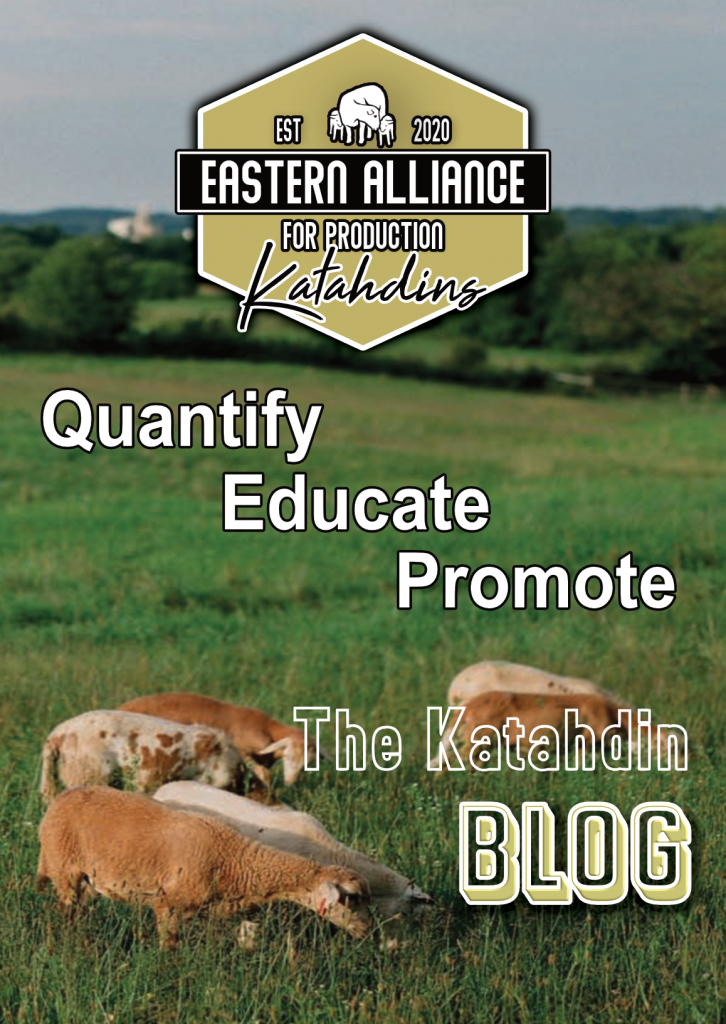Producer Profile: Alex Caskey from Barred Owl Brook Farm, NY
As producers we cannot control the weather, but we can build resilience into our farm systems to mediate its effects. Silvopasture – the intentional integration of trees and grazing livestock – has been a hot topic of agricultural webinars because growing trees can do just that. Alex Caskey combines his


